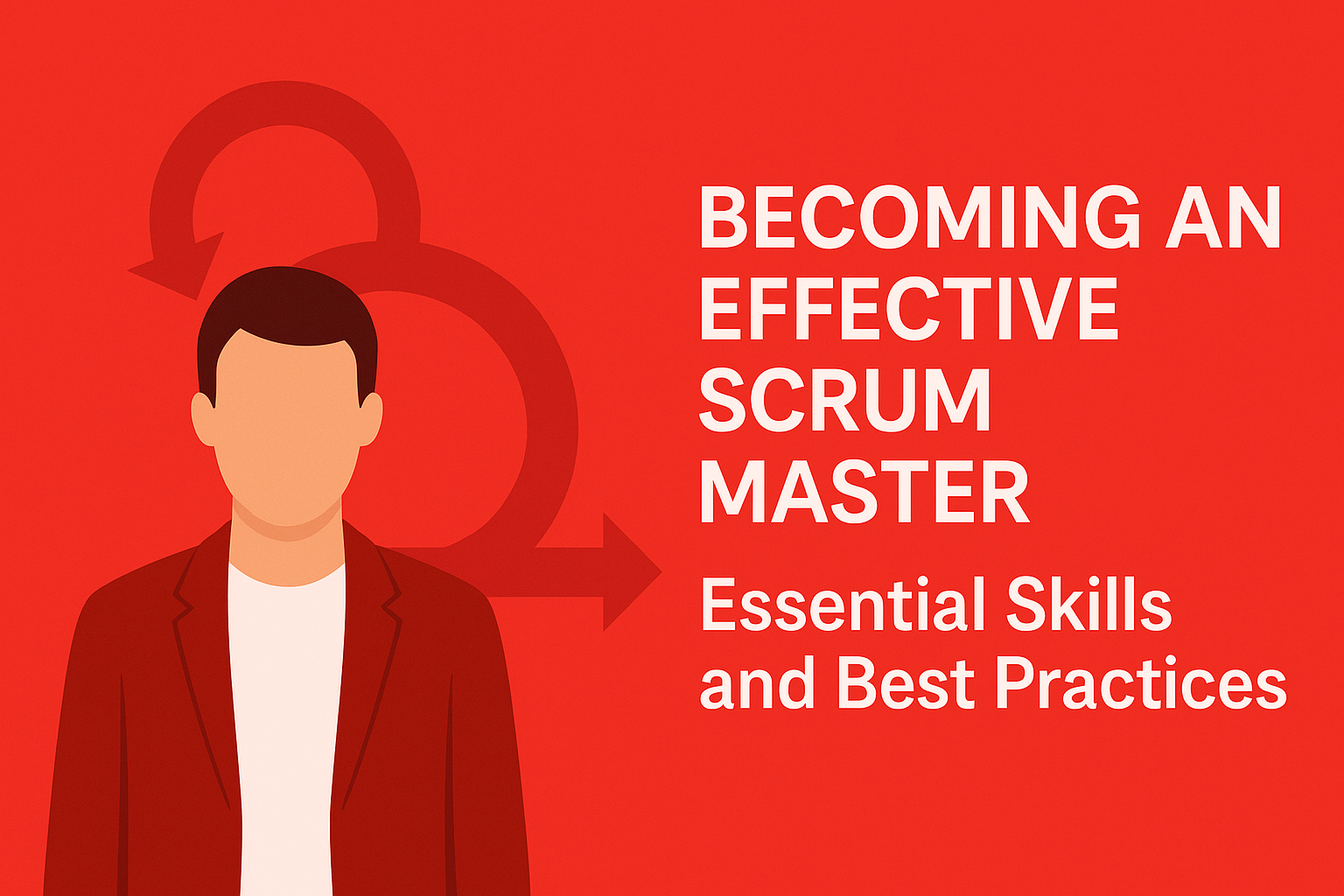Now that you understand the foundational responsibilities of a Scrum Master, let’s explore how to excel in this role. Whether you’re just starting out or aiming to elevate your effectiveness, this post outlines the key skills and best practices every Scrum Master should master.
Foundational Skills
Success as a Scrum Master starts with the right mindset and skill set. Here are the core skills to develop:
Facilitation: Guide conversations without dominating them. Help teams reach consensus and make decisions efficiently.
Coaching and Mentoring: Inspire team members to grow, make their own decisions, and take ownership of their work.
Conflict Resolution: Recognize tension early and mediate disputes before they escalate.
Agile Knowledge: Deep understanding of Agile principles, values, and how they apply beyond just the Scrum framework.
Empathy and Active Listening: Understand individual team members’ perspectives and challenges to create a supportive environment.
Best Practices to Adopt
Beyond technical knowledge, effectiveness comes from adopting practical habits and strategies:
Promote Self-Organization: Encourage teams to manage their own work and make decisions collectively.
Continuously Inspect and Adapt: Use retrospectives not just as a ceremony, but as a tool for meaningful change.
Visualize Work: Use tools like task boards or digital platforms to enhance transparency and accountability.
Collaborate with the Product Owner: Help clarify the product vision, refine the backlog, and ensure clear priorities.
Measure What Matters: Track team metrics (like velocity or cycle time) to identify trends and improve processes, not to micromanage.
Overcoming Common Challenges
Even experienced Scrum Masters face hurdles. Here’s how to navigate a few of the most common ones:
Stakeholder Pushback: Educate stakeholders on the value of Agile and involve them in reviews and planning to build trust.
Team Resistance: Start small with Agile practices, celebrate early wins, and involve the team in shaping processes.
Distributed Teams: Use video calls, shared boards, and virtual whiteboards to replicate face-to-face interactions.
Continuous Growth
Great Scrum Masters are always learning. Here are ways to grow:
Join Agile Communities: Participate in meetups, forums, and local Agile groups to learn from peers.
Read Widely: Books like Scrum Mastery by Geoff Watts or Coaching Agile Teams by Lyssa Adkins offer deeper insights.
Seek Feedback: Regularly ask for input from your team and stakeholders to improve your effectiveness.
Certifications: Consider advanced certifications (like PSM II or CSP-SM) to deepen your expertise.
Conclusion
Being a Scrum Master isn’t about enforcing rules—it’s about enabling people. By honing your facilitation, coaching, and communication skills, and adopting proven best practices, you can transform not just how your team works, but how they feel about their work.
Remember, the journey to mastery is ongoing. Stay curious, stay humble, and always be ready to inspect and adapt.
“good ScrumMaster will hold team members to account if needed. A great ScrumMaster will hold the team to account for not holding their teammates to account.”
― Geoff Watts, Scrum Mastery




